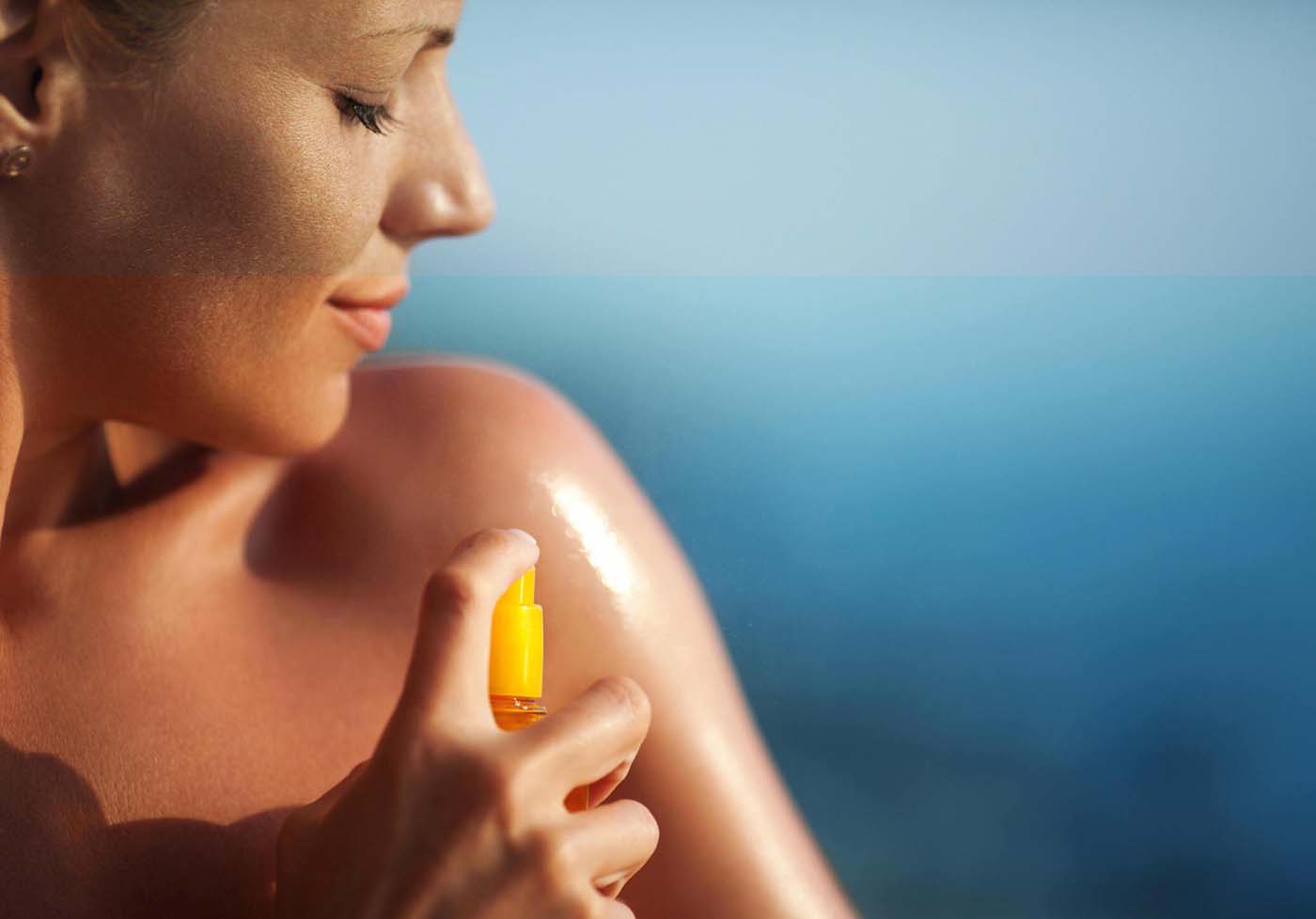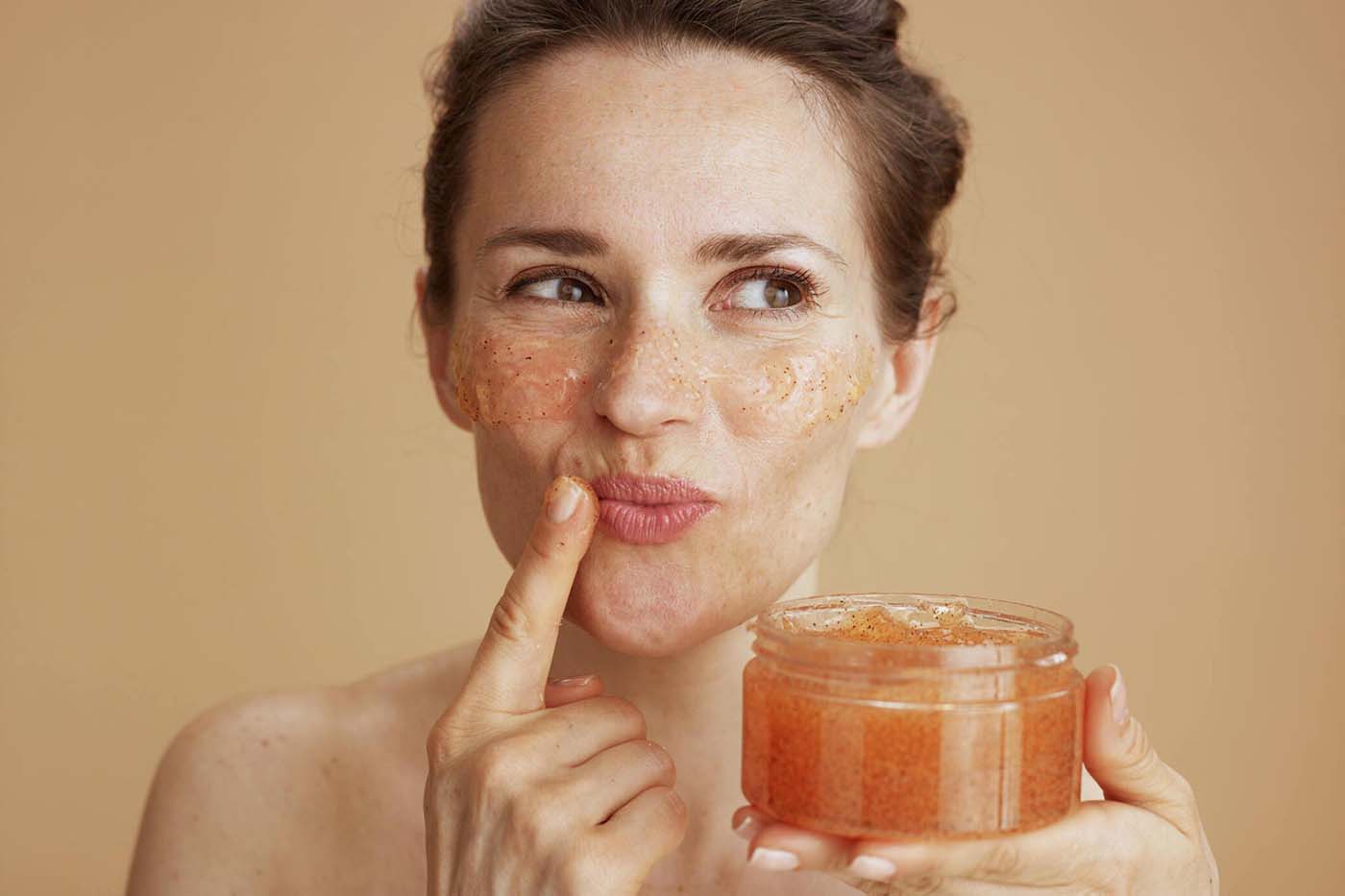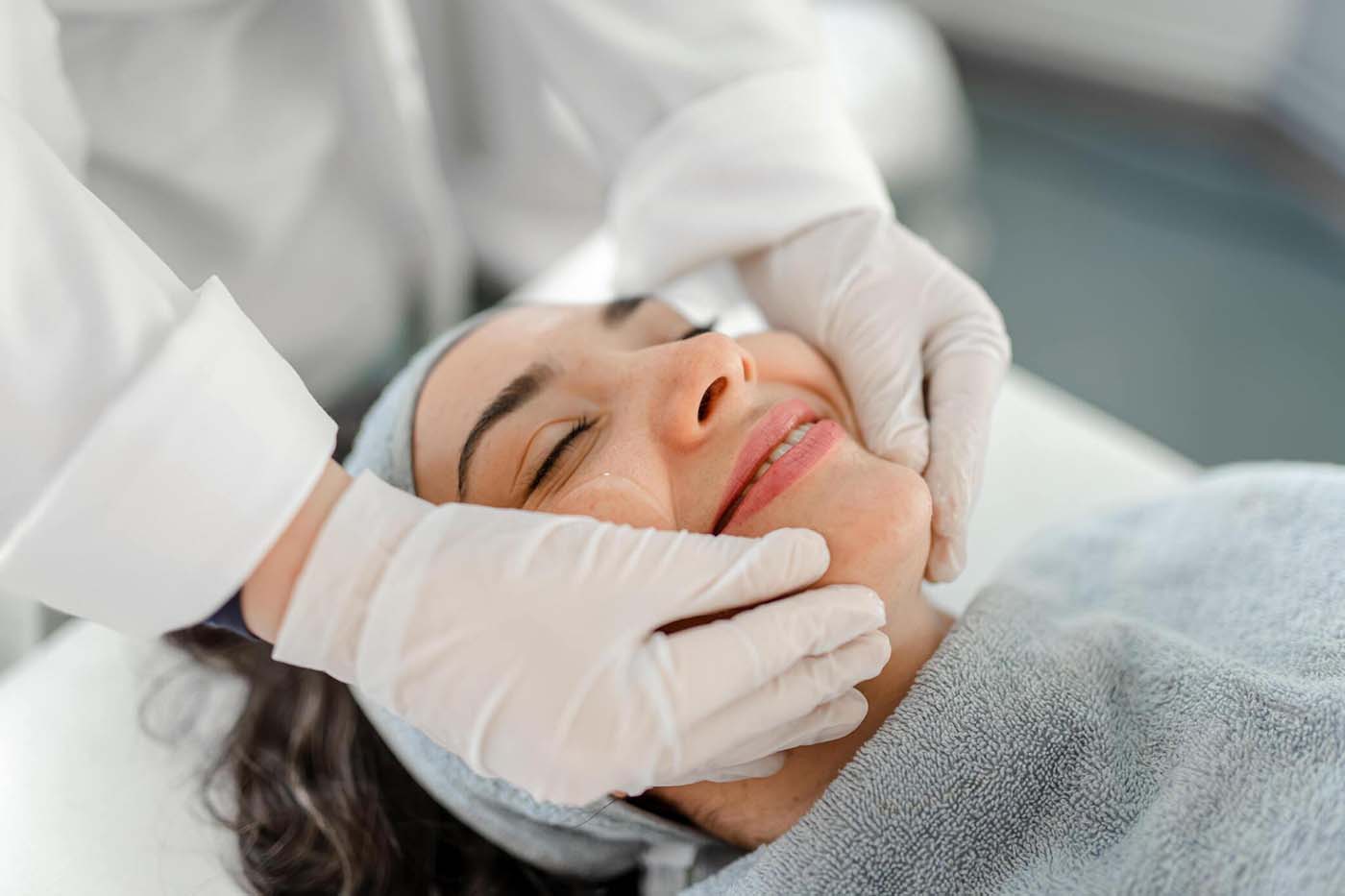Summer is the season of sun, sand, and surf, but it’s also a time when our skin needs extra care and attention. With the rising temperatures and increased exposure to the sun, taking steps to protect and nurture your skin becomes crucial. In this comprehensive guide, we’ll explore dermatologist-approved tips to help you achieve that coveted summer-ready skin; glowing, healthy, and radiant.

Understanding Your Skin in Summer
Before diving into the tips, it’s important to understand how summer affects your skin. The warmer weather can lead to increased oil production, while the sun’s harsh rays can cause damage if proper protection isn’t used. This combination can result in a range of skin issues from dryness and irritation to sunburn and premature aging.
Hydration: Your First Step to Glowing Skin
Hydration is key in summer. The heat can dehydrate your skin, leaving it looking dull and tired.
– Drink Plenty of Water: Aim for at least 8 glasses a day. This not only keeps your body hydrated but also helps in flushing out toxins, giving your skin a natural glow.
– Use a Hydrating Moisturiser: Choose a lightweight, water-based moisturiser that won’t clog pores but provides enough hydration.
– Hydrating Masks and Serums: Incorporate hydrating face masks and serums into your routine. Look for ingredients like hyaluronic acid, which can hold up to 1000 times its weight in water.
Sun Protection: A Non-Negotiable
Sun protection is crucial, not just for preventing sunburn but also for avoiding long-term damage like premature aging and increased risk of skin cancer.
– Broad-Spectrum Sunscreen: Use a broad-spectrum sunscreen with at least SPF 30. Reapply every two hours, especially after swimming or sweating.
– Wear Protective Clothing: Hats, sunglasses, and long-sleeved shirts can provide additional protection.
– Seek Shade: Whenever possible, stay in the shade, especially during peak sun hours (10 AM to 4 PM).

Tailoring Your Skincare Routine for Summer
Your skincare routine should adapt to the changing seasons. In summer, less is often more.
– Gentle Cleansing: Switch to a gentle, non-drying cleanser to remove sweat, oil, and dirt without stripping your skin.
– Exfoliation: Exfoliate once or twice a week to remove dead skin cells and improve skin texture. However, avoid over-exfoliating as it can lead to irritation.
– Lightweight Products: Opt for lightweight, non-comedogenic products that won’t clog pores.
– Nighttime Skincare: At night, replenish your skin with a nourishing night cream or a repairing serum.
Combatting Summer Skin Problems
Summer can exacerbate certain skin issues like acne, sun spots, and rosacea.
– Oil Control for Acne-Prone Skin: If you have oily or acne-prone skin, use products with salicylic acid or benzoyl peroxide.
– Treating Sun Spots: Ingredients like Vitamin C and retinol can help in reducing the appearance of sun spots and uneven skin tone.
– Soothing Rosacea and Redness: For sensitive skin or rosacea, use calming products with aloe vera or green tea.

When to Book a Dermatologist Appointment
Sometimes, despite your best efforts, you might encounter persistent skin issues or have concerns about moles or sunspots. This is when you should book a dermatologist appointment. A professional can provide personalised advice, recommend treatments, and address any concerns you might have about your skin’s health.
Remember, early detection and professional guidance can make a significant difference in your skin’s health and appearance.
Professional Treatments for That Extra Glow
Dermatologists can also offer treatments that can enhance your skin’s appearance for summer.
– Facials and Peels: Professional facials and chemical peels can provide deeper exfoliation and rejuvenation.
– Laser Treatments: For issues like sun damage or uneven skin tone, laser treatments can be effective.
– Consultation for Skincare Products: Dermatologists can recommend products specifically suited for your skin type.

The Role of Nutrition in Skin Health
What you eat plays a significant role in how your skin looks and feels.
– Antioxidant-Rich Foods: Include plenty of fruits and vegetables rich in antioxidants to protect your skin from environmental damage.
– Healthy Fats: Foods high in Omega-3 fatty acids, like fish and nuts, can help keep your skin supple and moisturised.
– Stay Away From Processed Foods: Reduce intake of processed foods and sugars, which can exacerbate skin issues.
Lifestyle Changes for Radiant Skin
Your lifestyle choices can also impact your skin health.
– Regular Exercise: Exercise increases blood flow, which helps nourish skin cells.
– Adequate Sleep: Aim for 7-8 hours of sleep per night to allow your skin to repair itself.
– Stress Management: High stress can affect your skin. Practice relaxation techniques like yoga or meditation.
Conclusion
Achieving summer-ready skin is a combination of proper skincare, professional guidance, nutrition, and lifestyle choices. Remember to listen to your skin’s needs and adjust your routine accordingly. With these dermatologist-approved tips, you’re well on your way to enjoying a summer filled with glowing, healthy skin!








